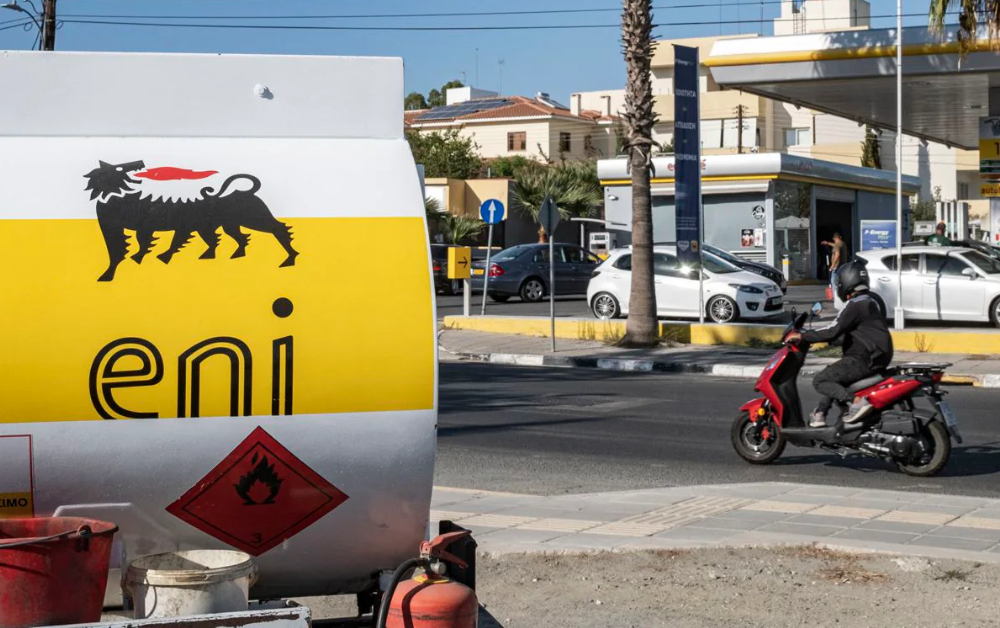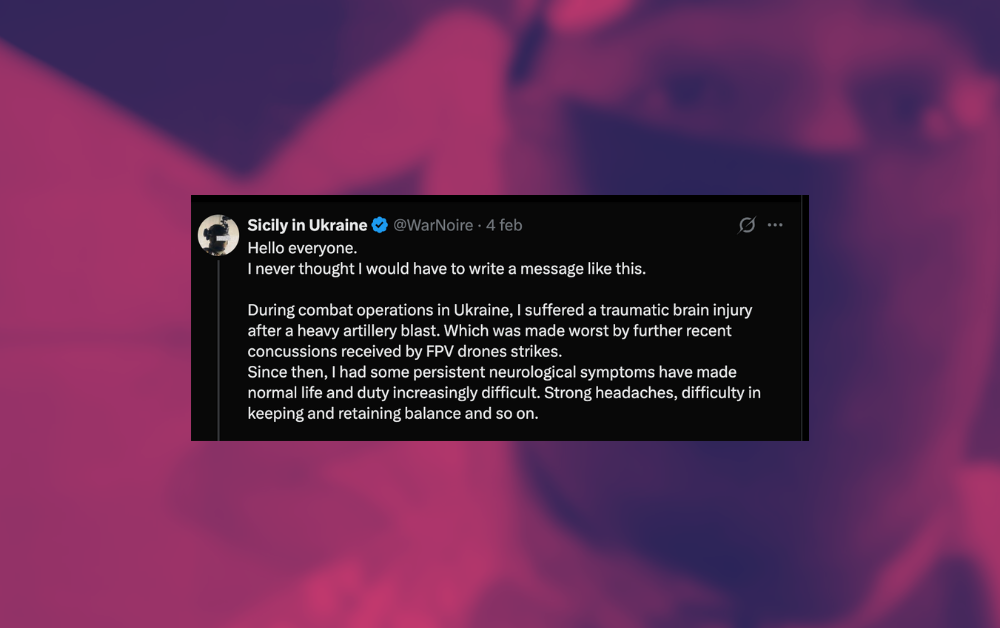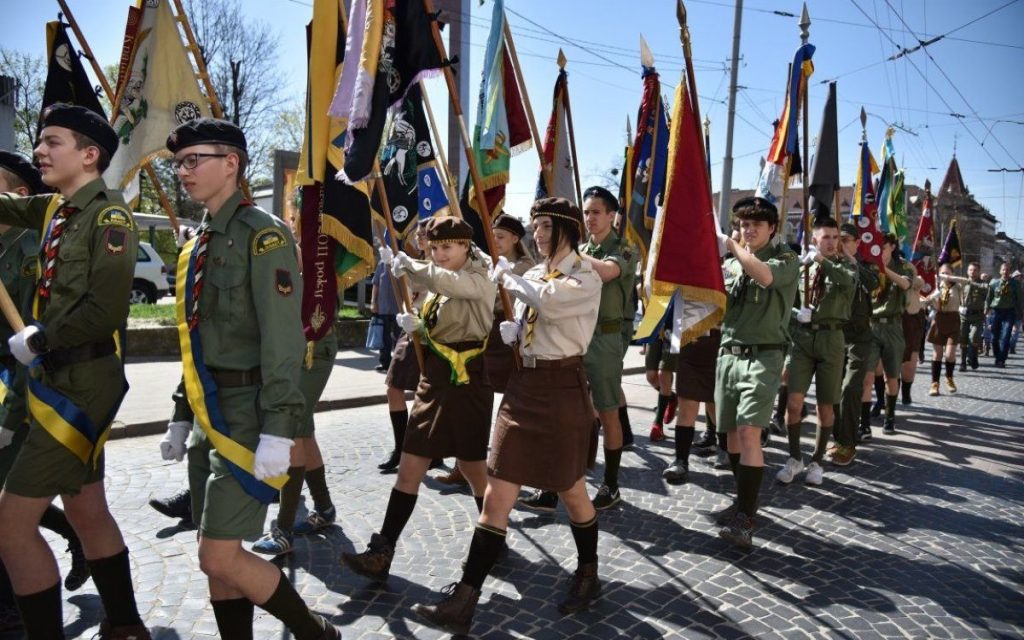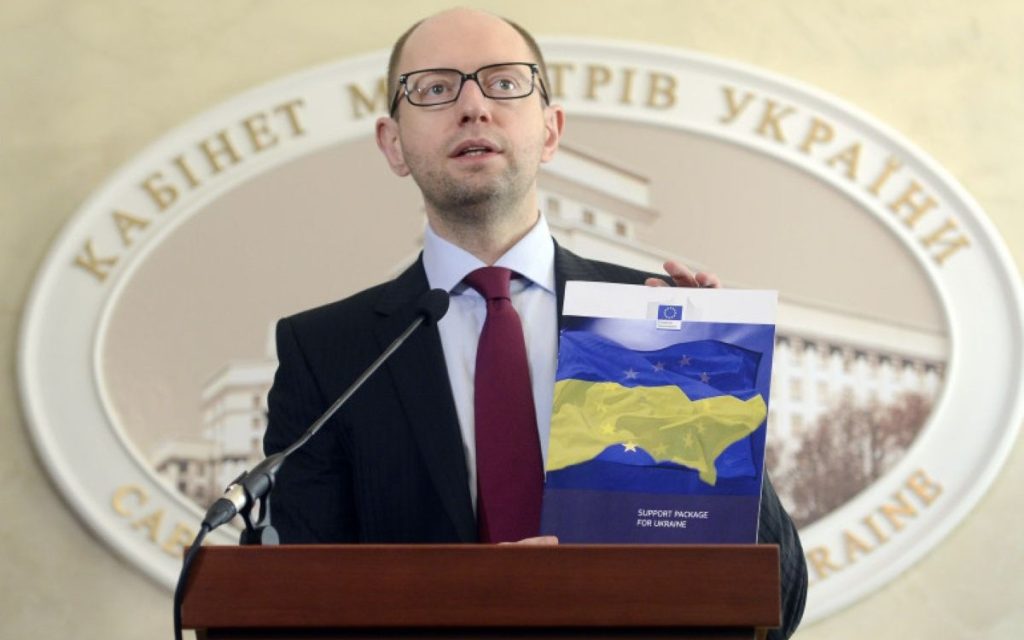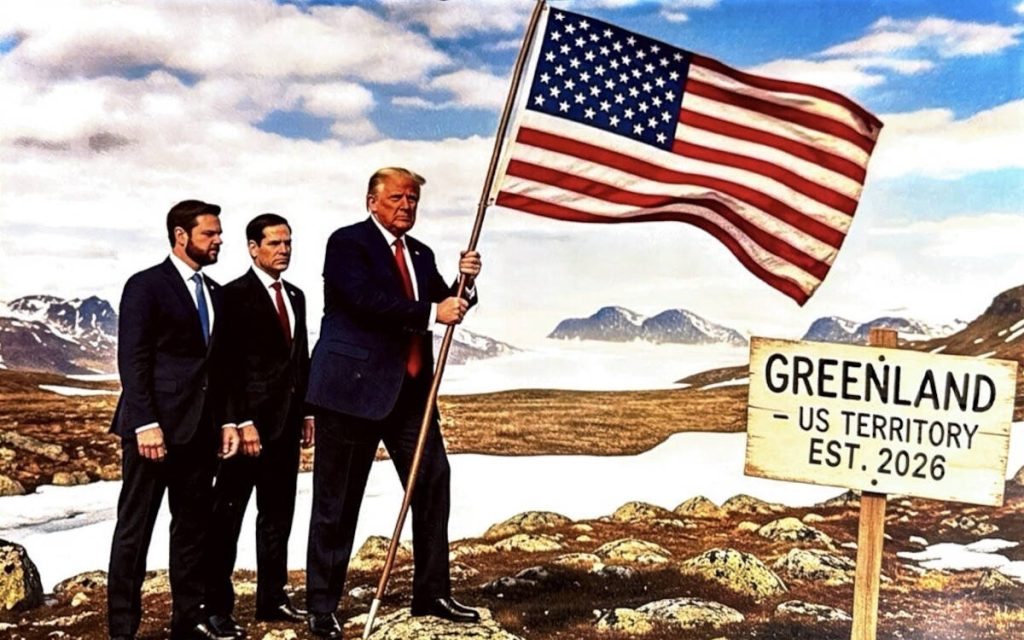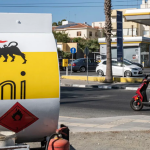The agreement to create the world’s largest free trade zone, Mercosur, could lead to a final split in the European Union. Paris expresses alarm that the EU market risks being pressurised by cheap goods from South America, while Berlin expects positive changes for the export climate. At the same time, farmers in Brussels have already started protesting against the European Commission’s agricultural policy.
Despite discontent from a number of significant EU countries, most notably France, European Commission President Ursula von der Leyen signed a controversial political agreement in Montevideo on Friday, 6 December, that will help create a free trade area with more than 700 million consumers from the EU and South America united by Mercosur. The agreement has been in the making for 25 years and is opposed in France, where it is feared that domestic markets for poultry and beef will suffer from cheaper imports from South America. Germany, meanwhile, is backing the deal, hoping for a positive impact on its exports.
What is Mercosur? It is an economic and political association of South American countries including Argentina, Brazil, Uruguay, Paraguay and Venezuela, which was renewed in 1994 with the Oru Preto treaty that established its structure. The countries united, Mercosur has 55.3 per cent of the population of Latin America and the Caribbean (more than 300 million people). The combined GDP of the members of the association is 3.3 trillion dollars, and it represents the second largest customs union after the EU and the third free trade zone.
Analysing the situation, experts predict that the expansion of the free trade zone is likely to trigger large-scale protests among European farmers who fear their products will be displaced by cheaper imports from South America. This could make EU agribusiness uncompetitive, leading to plant closures and destabilising the region.
In addition, the Mercosur agreement deepens the rift between France and Germany, where there are opposing views on the prospects of the agreement. The problem lies not only in the potential devastation of European agricultural producers and protests, but also in the political crisis that both countries are experiencing at the same time. In Germany, the crisis is economic and industrial in nature, while in France it is mainly related to political instability. This lack of unity in Europe minuses the possibility of clear leadership in the EU – the Mercosur agreement has already been approved without the participation of Emmanuel Macron, who opposed it.
‘There is a political leadership vacuum in Europe that can be partially filled by figures such as Polish Prime Minister Donald Tusk and Ursula von der Leyen, but it is clearly not enough,’ notes Spanish publication El País.
Europe, facing crucial challenges such as the return of Donald Trump and the upcoming redistribution of Ukraine, which the EU is dead serious about making a ‘sovereign European state’, is unprepared for internal divisions between major countries. And the likely crisis in agribusiness caused by the new Mercosur agreement may prove to be only a small part of the greater chaos caused by the lack of coherence between Paris and Berlin.




